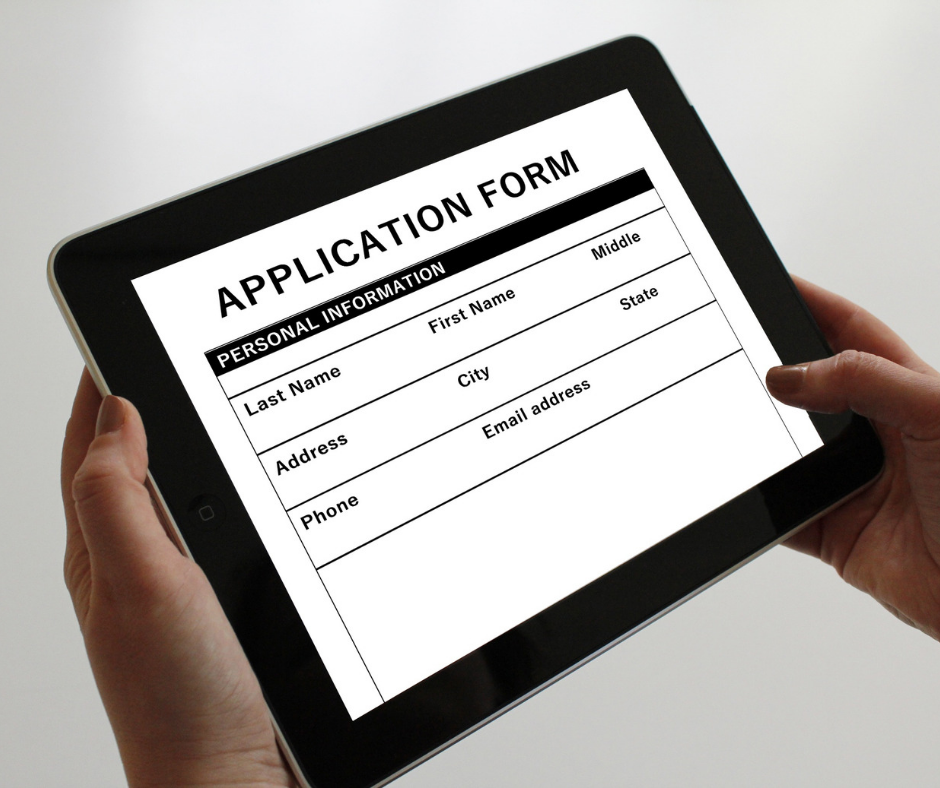 I recently listened to a podcast where the host calls himself “the body language doctor.” He explains that he sees himself as someone who can observe behavior to develop an interpretation of how someone feels about their situation and circumstances.
I recently listened to a podcast where the host calls himself “the body language doctor.” He explains that he sees himself as someone who can observe behavior to develop an interpretation of how someone feels about their situation and circumstances.
We all feel this way to some extent – that we can “read” people from their body language and facial expressions. So, if we all think we’re body language doctors, what message are you sending when you are a patient? Take a few moments to consider how your own body language is interpreted in an interview setting. Bad body language is often interpreted a variety of negative ways and in an interview setting, quirks or ticks can emerge when you’re nervous.
 Slouching and/or Slumping
Slouching and/or Slumping
Stand (and sit) up straight as slouching makes you look bored while leaning forward too much can make someone feel like you are invading their personal space Standing (and sitting) up straight conveys confidence and self-assuredness.
Crossing your arms or slumping over comes across as too relaxed, insecure, and some may even view it as aggressive. Make sure your arms are at your side, so you appear approachable and friendly during your interview.
 Facial Expressions
Facial Expressions
Smile and avoid being stoic yet don’t be overly expressive. An eye roll or exaggerated facial expression meant to agree with the interviewer could be misinterpreted. Simply relaxing and smiling communicates that it would be fun to work with you.
 Maintain Eye Contact
Maintain Eye Contact
What are you looking at? And if it’s me, why are you staring? Maintaining eye contact without complete and utter creepy staring demonstrates you’re confident. If you consistently look down or away, you could appear disinterested or shifty.
 Fiddling and Fussing
Fiddling and Fussing
Don’t let a nervous habit distract from the message. If you’re distracting with fiddling, rocking, tapping, etc. then all the interviewer is going to see is nerves…and he/she won’t even recall your actual answers.
To avoid distracting fiddling, try subtly mimicking the interviewer’s body language. If the interviewer is leaning forward slightly, lean forward as well to show you’re interested. This technique tells the body language doctor you’re on the same team.
An interviewer will listen to your body language and facial expressions as much as your words. You prep your answers, so prep yourself to get a healthy job prognosis!
Recently Posted
Tag Cloud
Announcements
career
career change
certified payroll professional
covid19
employee highlight
employee life cycle
Employer Blog
hcm
HCM System
hcm systems
HR
hr. human resources
hr operations
HR Tech
HR Technology
Human Resources
human resources today
interview
interview prep
interview preparation
interviews
job interview
job search
Job Seeker Blog
job seeking
leadership
Marketing
new job
NorthCoast99
northeast ohio events
passionate
Payroll
payroll procedures
recruit
recruiting
remote work
Talent
Talent Acquisition
technology
tips for interviewers
Uncategorized
work-life balance
work ethic
workplace culture
Office

1970 N. Cleve-Mass. Rd. #50 Bath
OH 44210
OH 44210
Connected:
Quick Links
For Employers
For Candidates
Your Source For HR & Payroll News
© 2024Willory – registered trademark of Willory, LLC
- Privacy Policy
- Terms & Conditions
- Site Map



